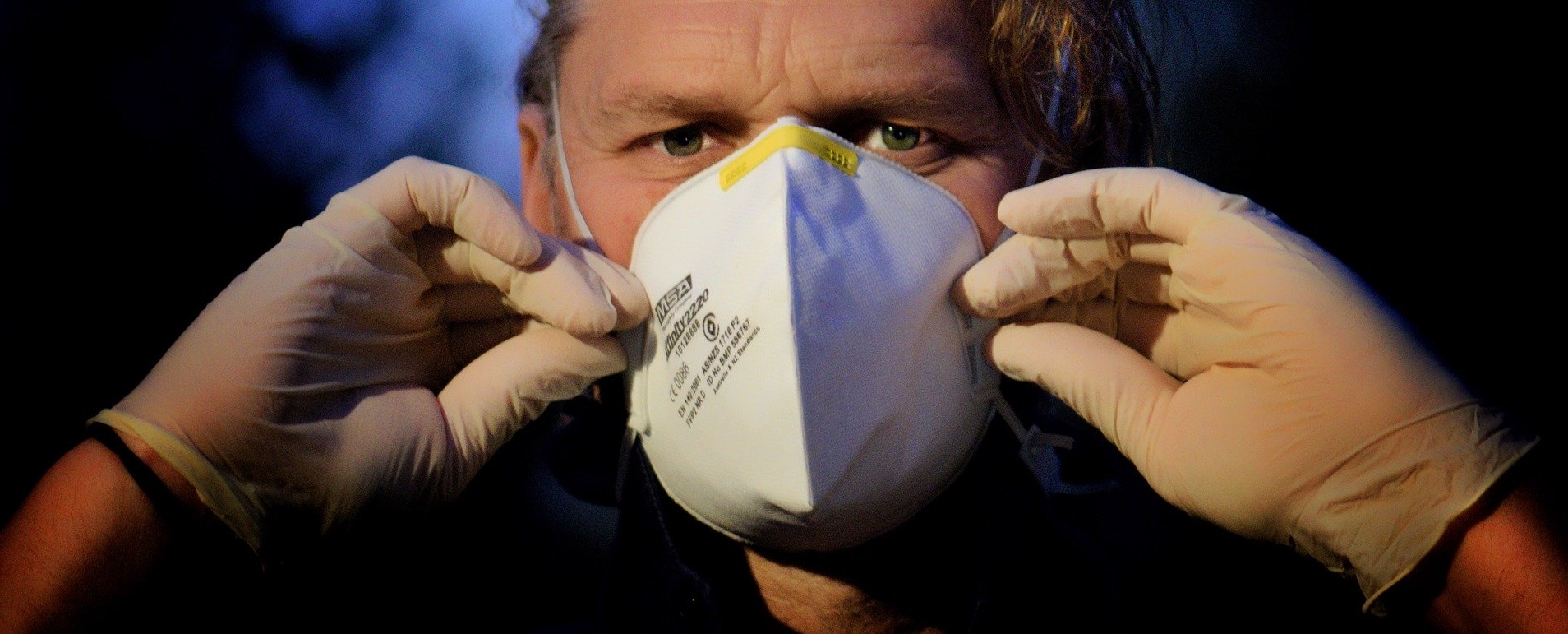Astic, the Spanish organisation of international carriers, summarises the additional costs for companies related to coronavirus protection. As the association stresses, the best protection for drivers would be to prohibit them from loading and unloading.
International road transport companies face additional costs in terms of precautions and protection of workers during the pandemic. According to Astic’s estimates, a Spanish international carrier spends on average €5,000 a month on disinfecting its truck fleet. On top of that, there is more than €60 for protection measures for each driver – gloves, masks, gels or disinfectants, but also training and instructions.
The guidelines in force in Spain cover different antiseptics depending on the material to be cleaned, whether it comes into contact with the cargo and the type of cargo. Regular decontamination of critical points such as steering wheel, tachograph, mobile phone, gear knob, dashboard, armrest and seat, windows, handles, etc. is necessary in the cabin during the day. At the end of each day, a more thorough cleaning is carried out inside and outside the cabin using a powerful disinfectant, ozone or ultraviolet rays, Astic reports.
As the organisation emphasises, road transport is by nature a potential vehicle for the geographical expansion of coronavirus, and the responsibility to protect its employees and the rest of society forces carriers to meet these costly guidelines.
Unfortunately, one of the most effective measures, which would be to prohibit drivers from carrying out loading or unloading, is not applied by the majority of shippers and recipients of goods, despite the recommendations of the European Commission,” complains Ramón Valdivia, Director General of the organisation.
Two other Spanish transport organisations, Fenadismer and CETM, called in April for a ban on the performance of loading and unloading tasks by drivers. Fenadismer sent a letter to the Spanish Ministry of Transport on this matter.
The federation justified the need for such a measure by protecting the health and safety of this professional group, which carries out work that is crucial for the functioning of the economy, especially during the coronavirus pandemic. Unfortunately, the Ministry of Transport, in response to the appeal, stated that the introduction of a law prohibiting drivers from performing loading and unloading operations is not a ‘practical solution’.
The Ministry limited itself, in accordance with European Commission guidelines, to making recommendations to shippers not to require drivers to carry out these tasks.
“Save the Trucker” initiative in Italy
The Italian road manager ANAS, who together with the Red Cross organisation launched the “Save the Trucker” initiative, showed greater understanding of the transport industry than the Spanish ministry. This project is entirely dedicated to truck drivers as a key professional group for the functioning of the economy and health care in times of pandemic.
As part of the initiative, at designated points on Italian motorways, Red Cross volunteers will, upon request, inspect truck drivers (check body temperature) and hand them disinfectant gel, masks and latex gloves, as well as information brochures on COVID-19. The program is also available to foreign truck drivers, as confirmed by ANAS in response to a question from the Trans.INFO editorial team.
The campaign started on May 20th and will last until June 21st. The first points operate from Monday to Friday at Grande Raccordo Anulare in Rome, on the Mediterranean motorway A2 and along the national road E45 Tiberina.









